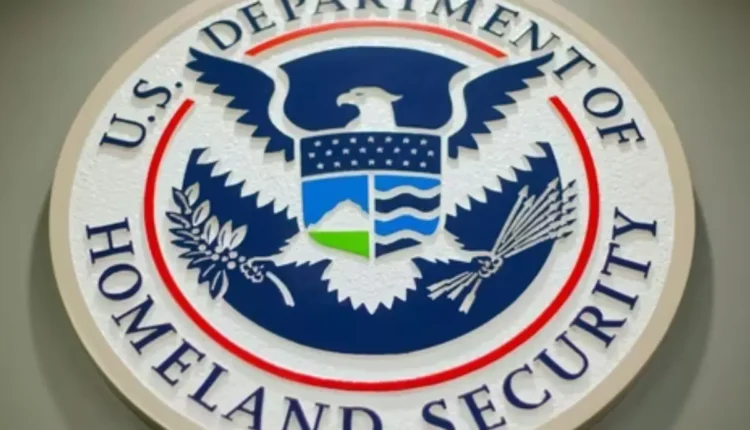H-1B Visa Revolution: Unique Beneficiaries to Take the Lead
H-1B Visa Overhaul: What the New Regulations Mean for You
The US Department of Homeland Security (DHS) is set to revolutionize the H-1B visa lottery system, marking a shift that promises to attract global talent while addressing concerns about employer burdens and immigration system abuse.
Under the proposed regulations, H-1B visa registrations will undergo a dramatic transformation as they are selected based on unique beneficiaries, eliminating the submission of multiple entries on their behalf. These changes are part of an effort to streamline the system and ensure fairness.
Homeland Security Secretary Alejandro Mayorkas, in announcing these proposed changes, stated, “Our priority is to attract global talent, reduce undue burdens on employers, and prevent fraud and abuse in the immigration system.” These priorities serve as the driving force behind the DHS’s new approach.
Here’s a closer look at the major changes outlined in the proposal, including insights from an expert commentator known as “Deedy”:
1) Passport-Linked Registration
The current rule stipulates that each lottery registration requires a passport number, effectively limiting the number of registrations per individual. In FY2024, there were a staggering 780,000 H-1B lottery registrations, with significant participation from Indian IT firms. This passport-linked approach will curtail the ability of entities to flood the lottery with multiple registrations, making the selection process more equitable.
2) Beneficiary-Owned Startups by H-1B Visa
Perhaps the most significant shift comes with the provision that H-1B visa holders can “hold controlling interest in the petitioning entity,” allowing them to be sponsored by startups they own.
However, this sponsorship initially grants a 1.5-year visa, a measure aimed at preventing fraud. Furthermore, the proposal introduces the concept of concurrent employment, allowing visa holders to work for more than two employers, a change that could offer greater flexibility and opportunities.
3) Expanding Cap-Exempt Categories
The proposal expands the definition of cap-exempt H-1B visas from “primarily research” to include “fundamental activity” in research. As a result, for-profit entities like hospitals with research facilities will be eligible, broadening the scope of who can access these visas.
4) Specialty Occupation Requirement
The proposal addresses concerns about generic job descriptions by requiring employers to specify the specialization needed for the role. Jobs with generic degree requests such as ‘engineering’ or ‘business administration’ will no longer qualify. Employers must demonstrate that the qualifications of the candidate directly align with the job’s specialty occupation.
These proposed regulations mark a significant departure from the previous system, emphasizing the uniqueness of beneficiaries and aiming to ensure that the H-1B visa program serves its intended purpose. It’s a transformative shift that has the potential to reshape the landscape of skilled immigration in the United States, all while protecting against fraud and misuse.
Also Read : Thangam Debbonaire : An Inspiring Force in British Politics

